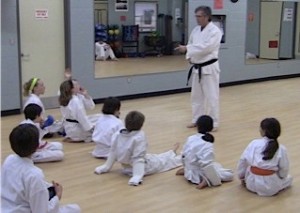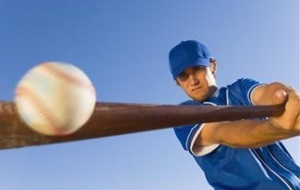 The key (and often unsaid) reason athletes seek out sport mental training from high performance trainers like me is fun — they’ve stopped having it. Whether it is because of inconsistency, losing, injuries, reduced playing time or on-going intimidation, athletes get dejected and quit. And by the time they do, parents, coaches and teammates are relieved, as they are not much fun to be around. I know, as I’ve tossed a few water bottles and slammed a number of locker doors in my sporting career.
The key (and often unsaid) reason athletes seek out sport mental training from high performance trainers like me is fun — they’ve stopped having it. Whether it is because of inconsistency, losing, injuries, reduced playing time or on-going intimidation, athletes get dejected and quit. And by the time they do, parents, coaches and teammates are relieved, as they are not much fun to be around. I know, as I’ve tossed a few water bottles and slammed a number of locker doors in my sporting career.
As if a career of sporting failures in hockey as a kid wasn’t enough, I joined a karate club in my early 30’s and discovered that karate was a competitive sport, not just a means of achieving self-defense, self-confidence and fitness. And within a few months my instructor encouraged me to compete. I was hesitant, but he sold me on the excitement and fun. And, as luck would have it, I medaled in my first competition.
I was hooked, but about two years into my training, a thumb injury became painfully chronic. The word ‘karate’ means empty hand, and at that time we were not even allowed to wear protective sparring gloves in practice, let alone in tournaments. So my hands got pretty bashed, bruised and beaten up. As soon as they would heal, the healing would be undone. And even the slightest contact brought tears to my eyes.
With each new episode, the fun diminished. Quitting was an option, but I committed myself to one last competition, partly because I’d already paid for the flight, but mostly because I was no quitter. So I flew halfway across the continent to lose in a rather lackluster performance. And as the medals were being placed around the necks of the winners — I debated whether to take up another sport. Continue reading →







